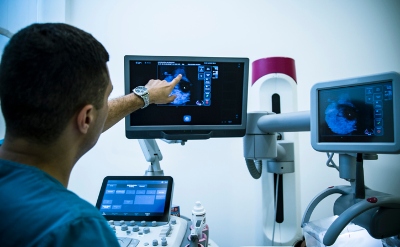Long-term data upheld early clinical trial results regarding the efficacy of pertuzumab, trastuzumab, and docetaxel in ERBB2+ metastatic breast cancer, according to a recent study in JAMA Open Network.
It has been nearly a decade since the FDA approved combination pertuzumab, trastuzumab, and docetaxel to treat ERBB2-positive metastatic breast cancer (MBC) in patients who have not received prior anti-ERBB2 therapy or chemotherapy. At the time, the approval was based in part on results from the phase 3 CLEOPATRA trial. However, a lack of real-world data on the effectiveness of the treatment prompted researchers to take a closer look at this potential issue.

Results of a retrospective cohort study looked at patients in the Flatiron Health electronic health record database, which includes data from more than 200 cancer clinics across the country.
The researchers looked at data from January 1, 2011, through October 31, 2020 and found 546 patients with ERBB2-positive MBC who had received the triple combination therapy. The median follow-up for these patients was 45.3 months (95% CI, 40.6-48.0 months), with a median overall survival of 48.6 months (95% CI, 41.4-53.9 months).
“Overall survival in this real-world cohort of ERBB2-positive patients with MBC who were treated with pertuzumab, trastuzumab, and docetaxel combination therapy was similar to that demonstrated in the CLEOPATRA trial,” the authors wrote.
“The findings are comparable with recent real-world studies from Singapore (median, 51.5[95% CI, 35.8-60] after a median follow-up of 20.6 months) and Italy (3-year overall survival, 72.2% after a median follow-up of 21 months.”
